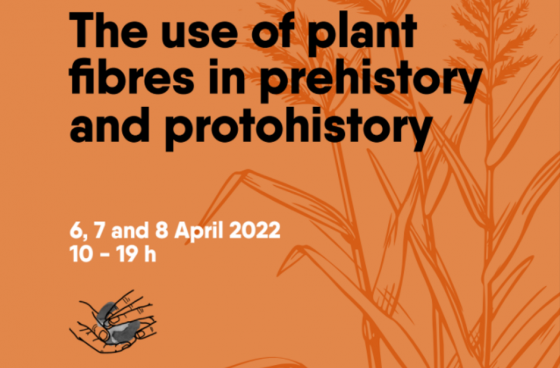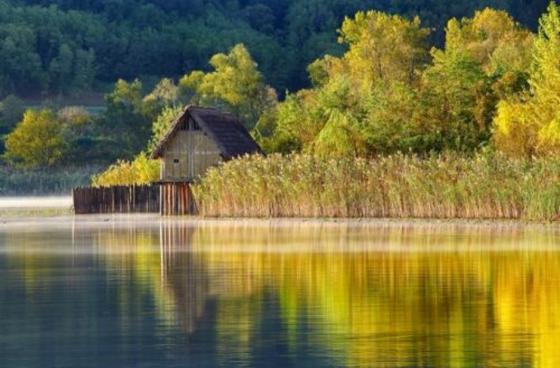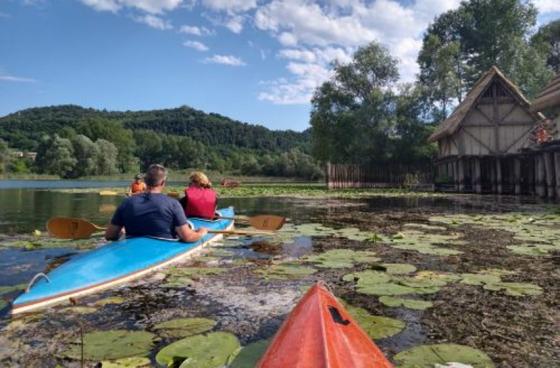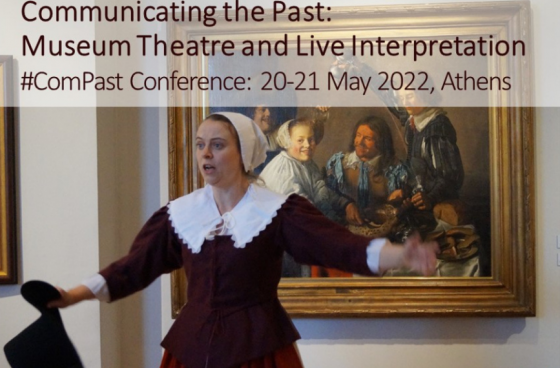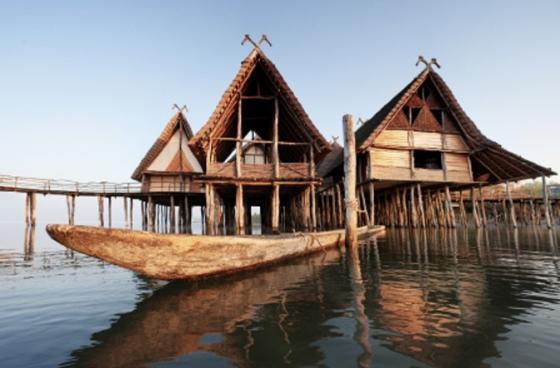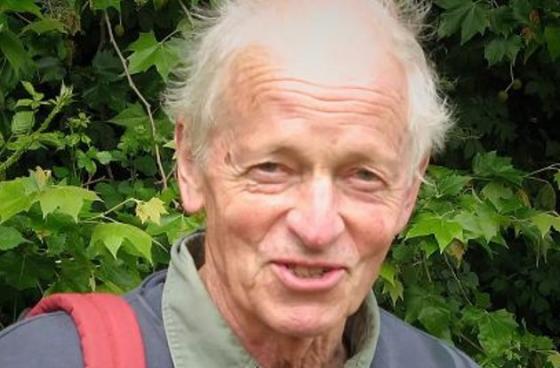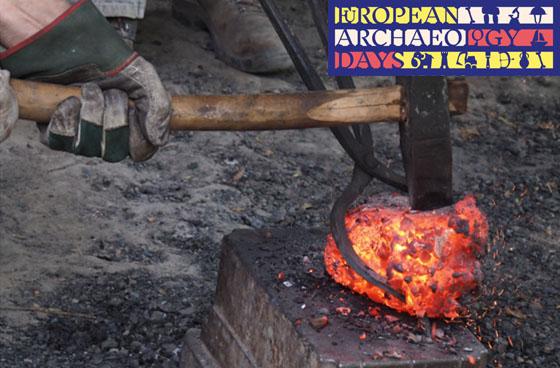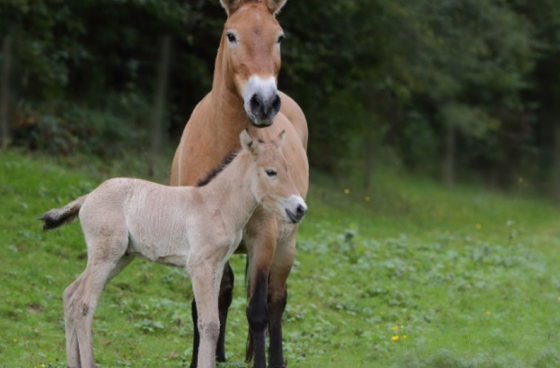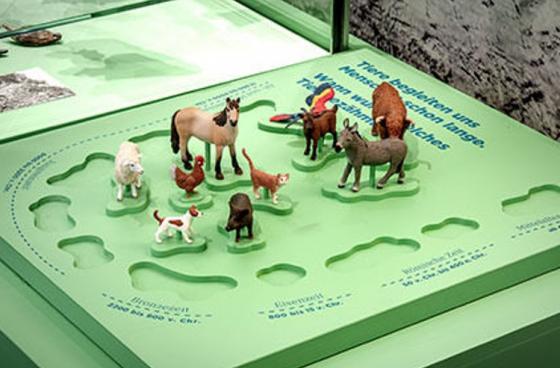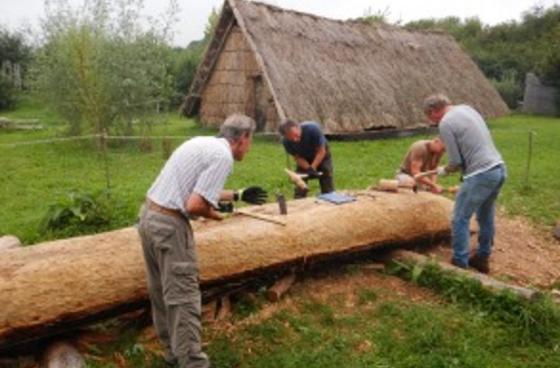The Use of Plant Fibres in Prehistory and Protohistory
Our knowledge of the use of plant fibres to make different kinds of utensils, such as baskets and cordage, in
prehistory and protohistory is uneven, conditioned greatly by the conservation of those types of materials. In the
Iberian Peninsula, which can be described as dry Europe, the preservation of this kind of archaeological evidence

